Britain consists of three countries: England, Scotland and Wales. Northern Ireland is also part of the UK. The Republic of Ireland and Isle of Man has its own section.
Free camping in Britain
Free camping in Britain is a mixed bag.
- England & Wales – England & Wales has laws preventing one from just pulling over and stopping for the night. However, it is still possible to free camp, if you choose your location well. But you should always be prepared for a knock on the door from the police who might ask you to move along.
- Scotland – Whilst Scottish law allows people the right to roam and camp, the right to roam act specifically excludes all forms of motorised camping (including caravans). So free camping is not legal, but generally accepted if people are respectful.
Tips for wild/free camping in England & Wales
To efficiently wild camp in Britain you need to blend in, and not draw attention to yourself.
- If you are spending lots of time wild camping in Britain get a National Trust membership. This membership will allow you to park your vehicle at almost all of the NT sites for free, and allows one adult to enter the attractions also. They have thousands of great locations to visit. In many coastal areas, such as Cornwall, the NT membership also allows you to park at the beach for free. However, you cannot camp overnight at a NT site.
- If you find secluded beach car parks, and hill areas you can probably stay for one night without a problem. Be prepared to be moved on if the police or an official come along.
- You can camp in residential areas using the simple plan: During the day park at safe areas like supermarket car parks, beaches, etc. Do all of your chores, including eating your evening meal at these car parks. Then, once everything is done for the day, drive to a residential area when there are lots of cars or preferably vans. Park considerately on the road. Choose a quiet road. As soon as you arrive turn off the engine and all of the lights. Go straight to bed. No one will know you are in the vehicle. In the morning, when you wake, immediately drive to a car park, such as a supermarket, then have your breakfast. Using this technique you can camp almost anywhere. When combined with National Trust membership you can visit nice places all day, and park in quiet places at night, visiting supermarkets to stock up on supplies and eat. The secret is to not park at the same places regularly. Alternate your spots so people don’t recognise you.
- In popular holiday areas, there may be restrictions on overnight parking in car parks or a road lay-bys. In quieter areas however, it may be acceptable to find some quiet area to park.
- Upon entering a town look for the sign directing you to the “Long Stay Car Park”, where you might be allowed to stay the night. Check the signs carefully. It’s always surprising where you’ll end up, sometimes an ugly industrial area, sometimes a truly wonderful parking spot in the centre of town.
- It’s often possible to stay the odd night in the car park of a rural pub. If you ask the owner/manager, many are welcome to allow you to overnight in the car park. Always pick a place in the car park away from the main traffic in and out so as not to cause any inconvenience to the visitors. There are many rural pubs with fantastic locations. It would be polite to have a meal or drinks in the pub for the pleasure of staying in the car park.
The law
The law is defined so effectively you cannot camp on any public land as the police always have the power to move you on. People in the UK are often nervous about seeing wild campers as there were a number of issues with travellers and parts of the rave and part scene in previous years.
Other websites
- www.wildcamping.co.uk – Great website with information and discussions about wild camping locations in the UK and abroad.

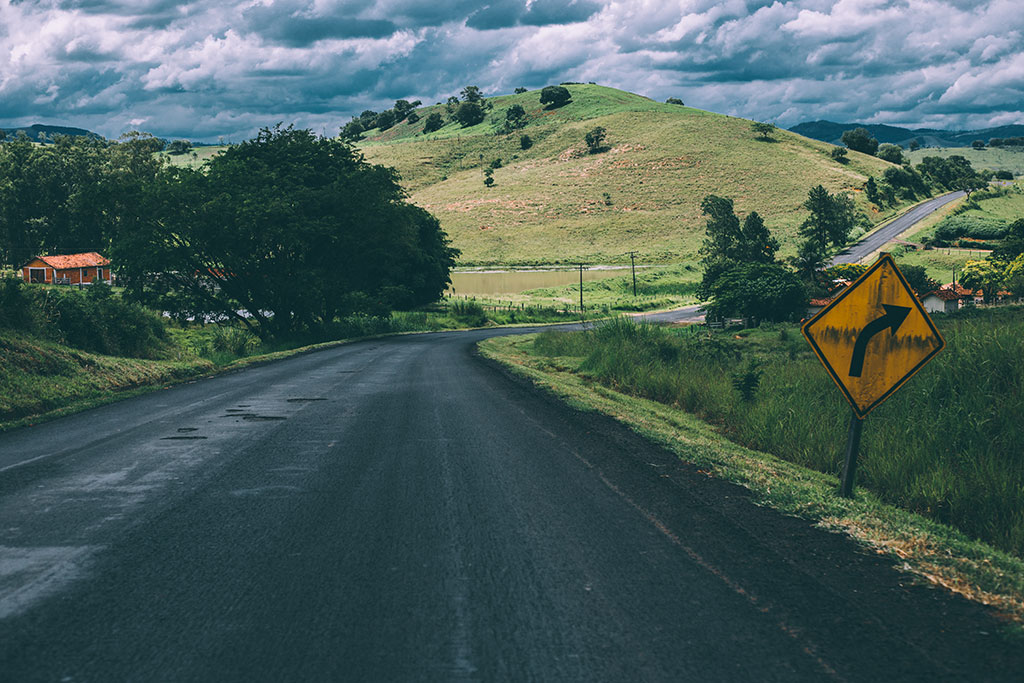

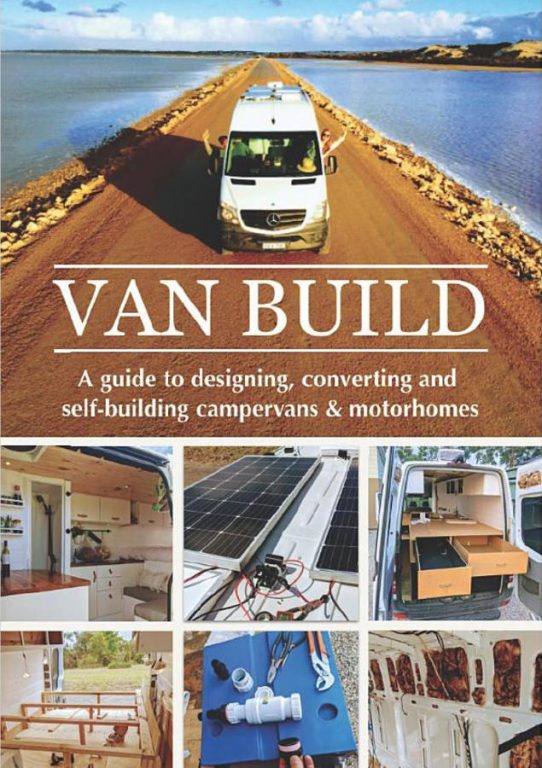
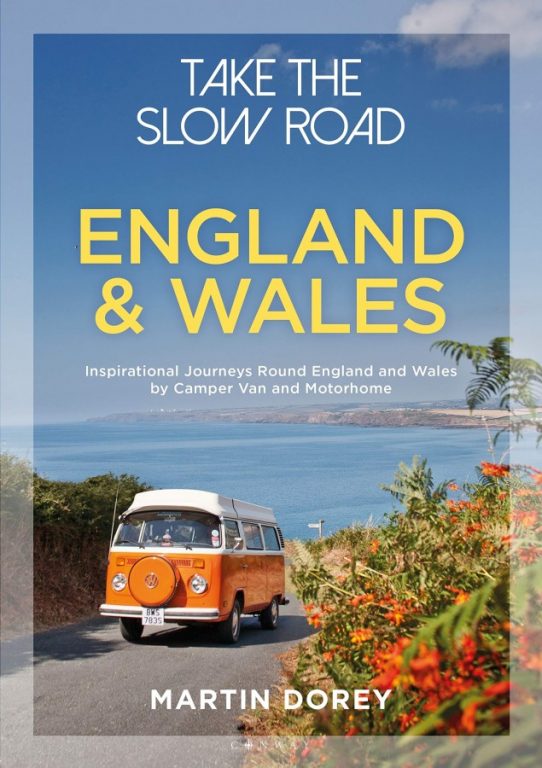
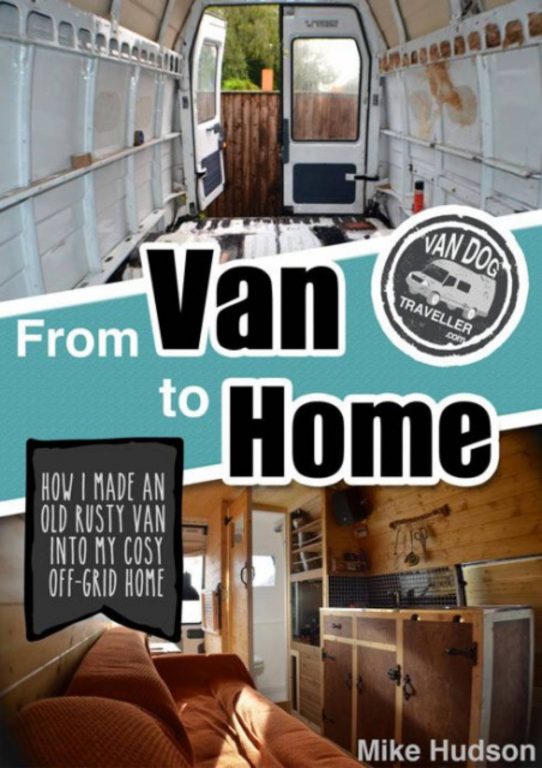
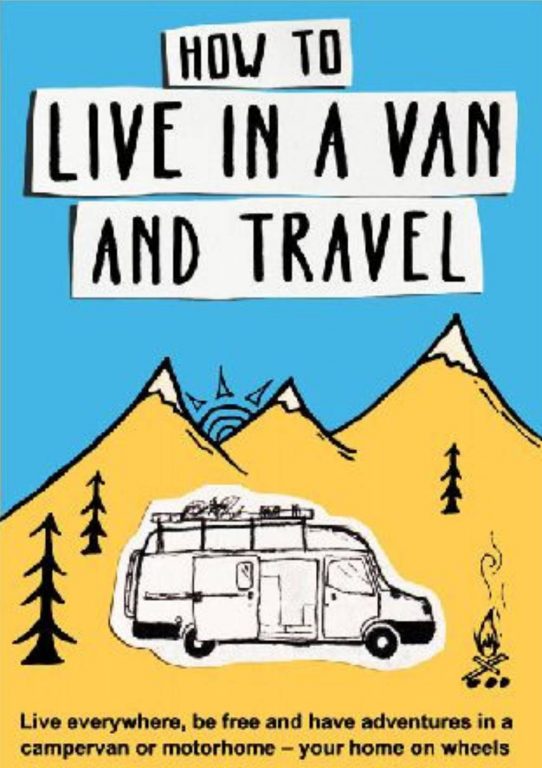
I have just found this site and think it has a lot of valid info for stealth camping but this Scots/England divide is only bad if you want to think that way, the comment about oil revenue is a good one but can someone in the know tell me who funded the exploration? Anyway glad I found the site, very usfull, thank you.
Hey all. I have lived in a
Hey all. I have lived in a vehicle for 6 months now. It’s a spiritual journey for me. Make sure you are well hidden behind curtains etc, keep quiet and be mindful and you can park anywhere. Just be courteous and keep yourself to yourself.
TIP – park in upper class residential areas preferably out in the country as you will blend in more than if you park at a random spot in the middle of nowhere and you’re the only vehicle there.
“Basically there’s no “right”
“Basically there’s no “right” to stay anywhere, other than on someone’s land with their permission. Thanks to all those ‘new age travellers’ in the 1980’s you can be asked to move on at any time and failure to comply can land you in a whole heap of trouble.”
Thanks to all those ‘new age travellers’ – what, they made these draconian laws?
Ehem, turn the telescope the other way around. It was the government of the time that so hated travellers, that they were set upon by riot police – beaten, their vehicles destroyed, terrorised – and then banned from doing anything they might be associated with. All the stuff middle class people like doing too, unfortunately, which is why we’re all caught up with these authoritarian laws.
And you want to blame our strictest laws in Europe for travellers/ campers – a national disgrace – on the ‘new age travellers’. Please read up, before writing such stuff.
wild Caravan or camping
Can someone just answer the question without getting into a England/Scotland debate………can we park a caravan anywhere in the country side for free
No, the police will move you
No, the police will move you on.
You can park on private land. But for longer than 28 days in a year you’ll need planning permission.
Free caravan parking/camping
Yes or Fukin no……can u camp for free? Scotland or England……?????
Just starting out.
We’re in the process of saving up for our van and heading of around the UK.
Do we need a certain type of insurance? And is it easy enough to find casual work as you’re on the move? What’s the best way to fund your trip in terms of fuel etc…
Also is what we’re doing actually legal as we’re not paying council tax etc…
Thanks.
Hi
Are you going to travel
Hi
Are you going to travel around in a panel van with some things in the back or a proper campervan?
If it’s a van you’ll have to get van insurance, and campervan insurance for a proper campervan. An insurance company won’t insure you (probably) if you are living in the back of a van, so I wouldn’t tell them.
You can find casual work in some places. Try yacht harbours, large resorts, bars in busy tourist towns. You’ll have to do a lot of asking but there is some work around.
Try to reduce your driving speed, 50 or 60 mph uses less fuel than 70mph.
It’s perfectly legal to not be paying council tax.
Information
Thanks for the interesting and sometimes entertaining info. Getting my VWT5 converted right now so hopefully will be camping very soon.
i have a motorhome have never
i have a motorhome have never had a problem wild camping in england or scotland.i think wales is a more difficult area to wild camp,well the areas i have been to were.i work on a lot of retail parks, business parks, and industrial parks.these are perfect stopovers for us campers while travelling,general rule is where truck drivers park you will have no probs.just make sure you don,t wander into a clamping zone in some companies marked parking spaces, always look out for signs before you stop.and don,t forget to take your rubbish with you.i hope some newer vanners will find this helpful
winter in the van
hi all ive been using vans in winter for any years. i had a bongo for 5 years and surf all winter in the uk. it can get prity cold without heating so either get a 4 season sleeping bag or some sort of heater. ive since converted a long wheelbase movano and put a webasto night heater in to it (toastie) the best investment i made, no more waking up to ice on the inside of the vans. -10 no problem hope this helps anyone whos vans all year around.
Great to hear about your
Great to hear about your heater Jason. I fitted a Propex into my van, and it’s fantastic. Blown heating is hard to beat 🙂
Where abouts do you surf?
Drunk in charge
Just a heads up after reading the above. Technically if you have the keys on you, even on private land, and you’re over the limit, you could get prosecuted for being drunk in charge. Lay-bys are obvious contenders for getting a tug, but even your own drive – unless you have gates that you close for 2 x 24 hour periods per year – is fair game. I’ve heard some camp sites will look after the ignition key for you while you keep the back door key. Hence not able to drive … Not sure what to do in a wild camping situation though!
Crazy I know but there it is. Only glimmer of hope is that it’s not an automatic ban, a mere 10 points + fine minimum.
any info???? 🙂
Hi all,
Im living down in england at the mo in my wee 4 birth caravan (with my cat). I have found an amazing site which doesnt mind the odd vanner whos looking for more a long term place to stay. In the next 2 weeks I will have lived in my van for the whole 4 seasons and absolutely love it,,,cant imagine living in a house anymore. I am planning on moving back up to scotland after xmas as my daughter has recently moved back to dumbartonshire. I will be moving in my van,,,
what im asking is……. does anyone know of any touring sites around the dunbartonshire/loch lomond/campsie hills area which may provide a plot for more long term folk like myself. At the mo i do use hookup but im in the throws of doing my homework to make my van more electrically self sufficient,,,so I wont necessarly need hook-up.
Someone has givenme a phone number for a farm in Milgarvie but it would be ace to have a few options..
SO if someone could give me a wee few pointers i would certainly be a very happy bunny 🙂
HAPPY CAMPING FOLKS 🙂
Thanks for the information.
Thanks for the information. I have updated the page.
Free Camping in Scotland
Hi,
Anyone know of any additional places to below where you can camp for free in Scotland pls? I would also be interested in Wales too? Any info would be most appreciated.
Kind regards
L
Free Camping in Scotland
Hi,
Anyone know of any additional places to below where you can camp for free in Scotland pls? I would also be interested in Wales too? Any info would be most appreciated.
Kind regards
L
Racism
I am sad to see that this page is turning into a meeting ground for racism. I am english and england is great, i live in Scotland and the scottish people are lovely. I would like to remind people we are discussing camping and we live in the 21st century, keep your racism to yourself and not on this page. We are not interested in such comments and are here to learn about free locations for camping and to embrace other cultures. All cultures can learn something from each other and no culture is superior over another, we are all equals.
Hello All
Have been reading through all the great comments on this site, I am 47 year old female in UK, am selling up and going to live in a camper van alone, except for my bull mastiff..who will be coming along for the ride…don’t know anything about this new way of life I am planning 🙂 I have traveled about a fair bit, but never in a camper van, does anyone out there have a dog on board? do you take them into Europe? Is that allowed?
Thanking you in advance.
dogs and campers
We take our little dog into Europe 2 or 3 times a year no Problem. Get dog sorted and enjoy. Our dog has a GB sticker on her tail. (LOL)
dogs and campers
We take our little dog into Europe 2 or 3 times a year no Problem. Get dog sorted and enjoy. Our dog has a GB sticker on her tail. (LOL)
We are from Holland and bring
We are from Holland and bring our dog when we spend our holidys in UK. I suppose the same rules will be applicable. On the website of Defra(http://www.defra.gov.uk/wildlife-pets/) you can find all information. Good luck with your ‘new’ life 😉
camping
hi how you doing in your new life ,i want to do the same as that with my dog ,i have a small caravan with a 4×4 to toe with ,if you could give me any guilds on how to get stated on the new way of life please fill free ,
travlin
Where are you now did you get on your travels think of doing the same myself
That sounds amazing, good
That sounds amazing, good luck!
hi
How amazing read your post and I am doing the same packing up and living in a horsebox with my 10stone mastiff 🙂 hows it going ?
Camping through the year
I live on the Cardigan Coastline in Wales, which is a beautiful area, and am making plans to get a camper van so I can see more of it – and do more surfing 🙂
Have any of you had experience of camper vanning in the UK winter and what it entails. I know it gets pretty cold around here – has anyone done it before?
Hi Davo
I’ve done a few
Hi Davo
I’ve done a few nights here and there in the UK winter. It is cold and you’ll need some sort of heating, or you’ll need to be very hardy to do it night after night.
If you have a well insulated van you won’t need heating on throughout the night. A simple gas heater might surfice.
If you don’t have great insulation then you’ll need a heater that can run through the night, such as a Propex or Eberspacher.
Unless you’ll be on hookup then, you have a pick of mains heaters.
A duck down duvet is in my opinion the best, very warm.
Thanks – it’s good to know.
Thanks – it’s good to know. I’m keeping my options open at the moment, but it’s something I really wanna do sometime very soon!
Thanks.
Camping in winter
Hi Davo.
The first weekend i had my van insulated three of us went surfing. It was way up the east coast of Scotland, February, minus 16 degrees and there was frozen snow on the beach. My van is quite small (VW T4) so doesn’t take too long to heat up if you put the cooker on although if you plan on using it a lot then i would fit a heater (such as an Eberspacher). I insulated my van with Cellotex (the same as Kingspan) and was then covered that with the silver bubble wrap insulation before the ply lining went back up. I insulated the roof with the silver bubble wrap stuff and also made window panels out of it to keep the cold out and the heat in. It helps having a winter duvet and a sleeping bag and make sure your water supply isn’t going to freeze, expand and burst. Hope that helps. Brian. 🙂
My Holiday In Scotland
Hi i was on holiday in scotland for 5 weeks, in my blue Iveco campervan. I did over 2500miles going from south/south west/north /north east/and south east; i criss crossed the country and camped wild only going to camping sites for showering or to top up with water and washing my clothes, i got my food from local farms. I HAVE NEVER! seen such beautiful sights or places the people too were great, and there was still a lot more to do and see so “I’ll be back again soon”. I’ve 3000 pictures to remember my trip
It sounds like you had a
It sounds like you had a fantastic time. Hopefully an inspiration to all.
my experience in scotland
my exp. is different. was staying in scottish highlands – not with motorhome – slept in my car – public car park in the middle of nowhere. farmer from nearest farm (1 mile away) called police. those fuc_king cu_nts were more than unpleasant and arrogant. checking papers, car, stupid questions, which they repeated 5-6 times, etc.
officer holding my passport (with up to date photo) in his hand made me answer 3 times what is my date of birth and where i was born. i left scotland next day.
have to say, i am not british. i am import from eastern europe, living and paying taxes in UK for 5 years. never got 1 penny benefit, even i could have.
i do appologize to all british people for breathing and wasting british air.
Sorry. I personally apologise
Sorry. I personally apologise for the behaviour of the police force of my nation. It is wholly unacceptable. Please do not let them tarnish our reputation as being a friendly nation. There are cunts in all societies. The officers in question are not typical of our race in general. I welcome visitors from ALL races/creeds/religions/gender/leanings/etc…You can camp in my front garden next time! I have not personally experienced the wrath of the Scottish police force but do not doubt it. That is why I always sleep well out of their view. This has been a bad experience for you but put it away. Come back. We have many more welcoming hosts. Look at the section on this website about Tesco.
ALLWAYS REMEMBER that most people are good.
The press tell us stories of woe, not of encouragement.
Don’t let one bad experience cloud your view of a glorious vista.
We DO have free camping/access/right to roam…..
British Law
Its dawning on me what the Scots are on about, its about time we English stood up for our rights like the scots did and get right to roam in “our Own” country and stop all this British nonsense, the English (I’m english) have not yet realised that they are the last colony of the british empire, which is why the English are held in such contempt by parliament the police etc or the british state
Aye, you go for it Anon! I
Aye, you go for it Anon! I was recently on a training course in Stone and went for a wee donner after dinner. I couldn’t walk anywhere apart from local roads and paths where there were signposts giving me permission. There’s something wrong there. I can see beautiful patches of forest and glen but I can’t walk through it. Why not? Get a grip. It is yours. Not their’s. Claim it back. By force if necessary.
parking
Hang on a minute the British government let all the gypos in from god knows where and f—— it up.
we need more new age
we need more new age travellers and ravers!
ENGLAND is a COLONY too
“Its dawning on me what the Scots are on about, its about time we English stood up for our rights like the scots did and get right to roam in “our Own” country and stop all this British nonsense, the English (I’m english) have not yet realised that they are the last colony of the british empire, which is why the English are held in such contempt by parliament the police etc or the british state”
Right on! The “uk” is the most class-ridden non-democracy in the world.
Free stop overs in Scotland
Recently we have enjoyed some lovely overnighters in Scotland. (We have show dogs with us so prefer not to stay on busy camp-sites)
We stayed at:
Loch Garten in the Abernethy Forest – not far from Aviemore. Beautiful views, and numerous laybys and pull in places (but please take your rubbish home as there are no facilities outside local villages)
The Sma Glen – along the road from Creiff to Loch Earn there is a lovely riverside area with a number of Lay Bys – very pretty.
Loch Earn. Between St Fillans and Lochearnhead there are a number of lay bys/picnic areas along the banks of the loch – set back from the road. They get busy with campers and fishermen, but it is jolly. No facilities outside the villages apart fom ample rubbish bins, which are useful. Stunning views of the loch and mountains
Findochty on the NE Coast (Nr Buckie). There is a beautiful beach for an overnight stay. Shop and pub on the other side of the village (and an official – fee paying – campsite, again overlooking the sea. Toilets by the harbour.
If you follow the Moray Coast Trail there are a number of sea side places where a night’s stopover is possible in beautiful areas, but please keep them beautiful – take your rubbish away with you!
overnighting
I always wonder why we motorcaranners dont have some way of letting other know that they can park the night in our garden or driveway.
I agree – I live near
I agree – I live near sherwood forest and could get a second large van on my drive. I am often away at the weekend and would be happy to let someone use my drive – water outside toilet and for a small donation hook up tp the electric – if this applie to you drop me a line [email protected]
You could let the chickens out in the morning an put them away at night for me – you can even have free eggs
Scotland, v England laws
I like the idea that when in Scotland you can go anywhere and camp out responsibly. I Particularly dislike the South East of England. Arrogant, rude and intolerant.
Devon , Cornwall, Wales, Scotland anytime !!
I avoid the South East especially anywhere near London……I really do not like those people….I would rather lick piss off nettles !!!
drink drive
if you have the ignition keys on you,you are incharge of the vehicle,keep remote door lock and hide ignition key or leave behind bar. thanks all, great tips as just starting out.
solo travel
Does anyone know of a website for solo campervan travellers? I am starting with U.K.Also very interested in quiet locations.
Country of Scotland??
douglas allan, you seem to speak as if soctland is not british!!! typical scot, its only british when it suits you and you don’t mind taking English money!!
Arthur
I think the point he
Arthur
I think the point he is trying to make is that there is no British Law
There is:
English Law which covers England and Wales
Scots Law for Scotland
Irish Law for Ireland
in Scotland you can just about camp anywhere as long as you clear up and there is no law of Tresspass.
I wont say anything about “typical english” etc as it is just plain rude.
Good point. I have changed
Good point. I have changed the wording in the article to refer to England & Wales, and Scotland separately.
Britain
It NEVER suits Scots to be British – we pay in more than we get out – if voters hadn’t been duped by lying Scottish & English MPs we wouldn’t be – and independence day will dawn.
If deluded serfs realised how they are daily duped and exploited by wastemonster and the unelected – eg DodgyDave, house of “lords/ladies”, aristos, & co – Britain would be a very different, and much better, place – for you too mate!
Scotland
“soctland” SIC!!!
Either that or the police
Either that or the police will do you for drink driving – google it.
Wild camping / drinking
If the keys to the vehicle are not in the ignition or better still outside of the vehicle then you are not I charge of the vehicle …… This happened to me with an over zealous copper … I went to caught charged with being drunk in charge of a motor vehicle … It was thrown out of court … Be aware though that the law can change with the mood of the magistrate ( and there outlook )
The unofficial advice for
The unofficial advice for free camping in the UK is, always carry a couple of beers with you. As soon as you find a place to settle for the night, make sure everyone who is insured to drive your van has had a beer or too. Even if you don’t drink, carry a couple of empty beer cans. If the police do try to move you on, POLITELY explain to them that you didn’t realise you couldn’t camp there, tell them you’ve had a couple of cans of beer and might be over the legal limit for driving, and tell them you’ll move on first thing in the morning. So long as you remain polite and apologetic for any inconvenience, don’t appear drunk and disorderly, and genuinely do move on the next morning, then the police won’t waste their time hassling you. DO move on the next morning, though, because they won’t be as sympatheti if they see you there the folowing night…
Great idea if you want to
Great idea if you want to risk being arrested for being “drunk in charge” of a vehicle!
free camping
As we in the country of SCOTLAND have a de facto right to roam you can also camp, responsibly, where you like in any wild place.
In SCOTLAND we have our own laws, religion,culture etc so there is no such thing as british law. I have to emphisise most strongly that if you camp wild you must take great care to leave no trace of your visit.
Wall
That Hadrian guy had the best idea up there a flippin great wall. You have your culture etc time the English stopped paying for it.
English paying for our
English paying for our heritage you say? 2 billion from UK treasury per annum as per the barrnet formula and 17.5 billion paid in via oil and gas revenues would say otherwise..think before you type.